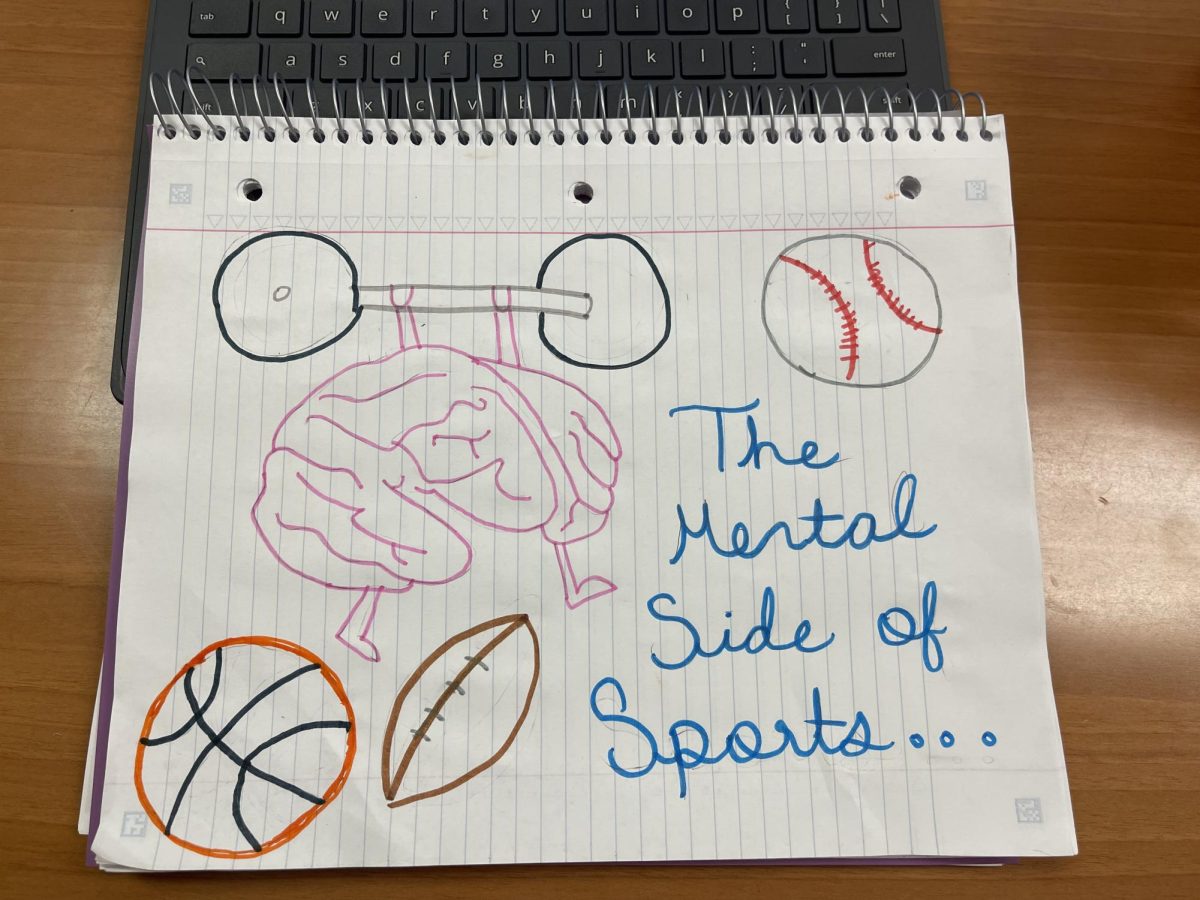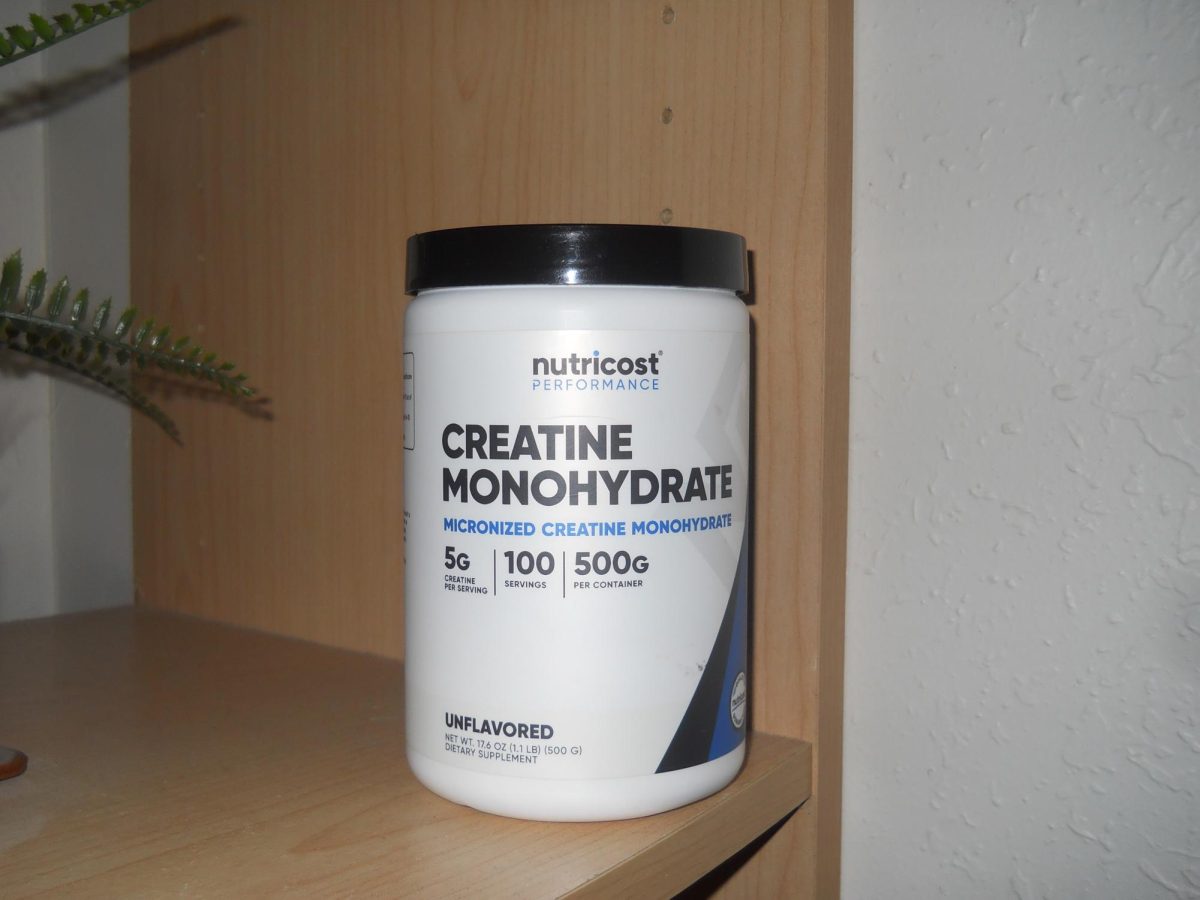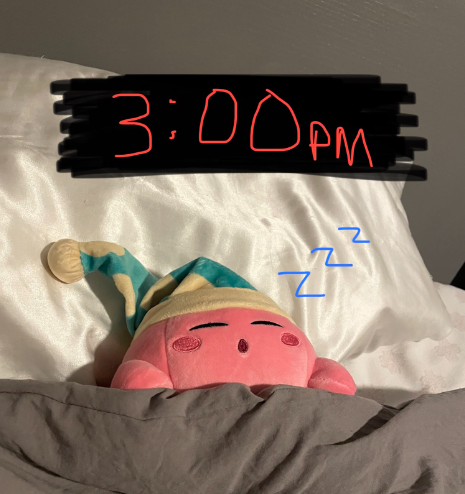Throughout the gym and athletic community, there are a variety of supplements that can be taken to enhance your overall muscular and athletic performance. However, many of the users of such supplements are not entirely aware of exactly what they are and how they operate. An example of one of these supplements is the widely popular creatine monohydrate. Despite being one of the most researched supplements on the market, many remain unaware of its usage and effects.
So, in simpler terms, what exactly is creatine? Creatine is an amino acid that is naturally found throughout the brain and body. It is a natural source of energy which assists the skeletal muscles in contracting. Primarily obtained from the consumption of seafood and red meat, creatine can also be taken as a supplement for strength, muscle size, and performance. Creatine monohydrate enhances many processes involving adaptation to exercise such as increased intracellular water content. The supplement creates a steady supply of energy throughout the muscles so they can continue working, especially during strenuous exercise. Additionally, it plays a critical role in the production of energy during muscle contraction.
While creatine can be naturally found within the body and in the skeletal muscles, it can also be supplied through manufactured creatine supplements. Common users of creatine supplements include people who workout regularly and those who do not get enough creatine in their diet. Creatine supplements can be found as powders, tablets, capsules, and liquids.
Found in an article published by the Cleveland Clinic, its primary role is to elevate the amount of phosphocreatine stored in your muscles. Essentially, creatine supplements allow the body to produce more ATP, allowing the maintenance of optimal performance for a few seconds longer than average. This then allows for the production of more ATP, as mentioned previously. Furthermore, creatine boosts the total amount of water your muscle cells are able to comprise, which also makes muscles appear larger and fuller through hypertrophy.
Creatine is proven to be effective for both short and long-term muscle growth. In a 2019 review published by PubMed Central, it was discovered that creatine, with or without resistance training, can exponentially increase muscle mass and strength in adults.
Is it safe to take? Many people are skeptical of creatine monohydrate supplements and the adverse effects it may pose to their health. However, many recent studies show that it is safe for many people to take it. When taken by individuals who work out regularly, creatine has been proven to:
- Increase muscle mass.
- Expedite muscle recovery after intense exercise.
- Improve overall exercise performance.
- Help athletes tolerate more intense exercise.
- Reduce dehydration and fatigue.
- Minimize muscle tightness/strains and pulls.
Creatine monohydrate, being one of the most widely researched supplements, is deemed as safe for ingestion. Despite this fact, there are still effects to be wary about when taking virtually any supplement on the market. The negative effects that are typically associated with creatine are as follows:
- Weight gain (due to water retention).
- Dizziness
- Hyperhidrosis (a.k.a. excessive sweating)
It is also extremely important to note that when taken at high dosage levels, there is potential for serious side effects, such as kidney damage. This finding has been based on case reports, and has only been associated with copious amounts of creatine entering the body daily. In ensuring that only the recommended dose is taken daily with plenty of water consumption, such dangers can be avoided.
How do you know if you should be taking creatine? This is a question that can be answered depending on your athletic set and goals. Creatine is primarily taken by people who participate in high volume and power sports such as bodybuilding, powerlifting, wrestling, football, and hockey. This helps athletes maintain an uninterrupted energy supply during physical activity, all while increasing muscle growth, speeding up muscle recovery, and amplifying the overall fluid retention in muscle cells.
It is recommended that people who are just beginning to take creatine should start with a loading phase, which will lead to a rapid increase in the amount of creatine that is stored within the muscles. To load with creatine, it is advised to take 20 grams per day for 5 to 7 days. Following the loading phase, individuals may then start to take only 3 to 5 grams per day to maintain sufficient creatine levels. While the loading phase is not completely necessary, it could be a great component to gaining muscle mass quickly. Creatine should be taken with a large glass of water, and should be followed up with plenty of water throughout the day.
Besides being an aid in muscular growth and athletic performance, creatine has various other health benefits as well. According to Healthline, research has been conducted to show that creatine may also lower blood sugar levels, benefit heart health, reduce stroke-related damage, and help treat nonalcoholic fatty liver disease. Also, creatine supplementation could help treat neurodegenerative diseases, ALS, and traumatic brain injuries. While all of this is correct, it should not be primarily relied upon to do so.
Overall, creatine monohydrate is proven to be a highly effective supplement in increasing muscle mass and athletic performance. It is one of the most highly researched and most effective supplements that can be taken. Through supplying energy and water to your muscles, creatine is able to provide many athletic benefits. However, it is important to remember that creatine monohydrate may also be associated with side effects that are important to assess before taking. If considering creatine as a supplement to add into a daily routine, be sure to consider all of the risks and benefits associated with it.













































